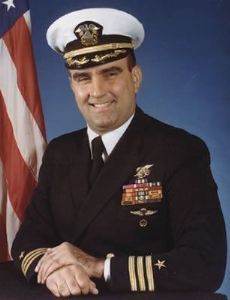A Quote by Miguel de Cervantes
Related Quotes
I felt him there with me. The real David. My David. David, you are still here. Alive. Alive in me.Alive in the galaxy.Alive in the stars.Alive in the sky.Alive in the sea.Alive in the palm trees.Alive in feathers.Alive in birds.Alive in the mountains.Alive in the coyotes.Alive in books.Alive in sound.Alive in mom.Alive in dad.Alive in Bobby.Alive in me.Alive in soil.Alive in branches.Alive in fossils.Alive in tongues.Alive in eyes.Alive in cries.Alive in bodies.Alive in past, present and future. Alive forever.
Take the happiest man, the one most envied by the world, and in nine cases out of ten his inmost consciousness is one of failure. Either his ideals in the line of his achievements are pitched far higher than the achievements themselves, or else he has secret ideals of which the world knows nothing, and in regard to which he inwardly knows himself to be found wanting.
The writer is the duelist who never fights at the stated hour, who gathers up an insult, like another curious object, a collector's item, spreads it out on his desk later, and then engages in a duel with it verbally. Some people call it weakness. I call it postponement. What is weakness in the man becomes a quality in the writer. For he preserves, collects what will explode later in his work. That is why the writer is the loneliest man in the world; because he lives, fights, dies, is reborn always alone; all his roles are played behind a curtain. In life he is an incongruous figure.
The disappointed man turns his thoughts toward a state of existence where his wiser desires may be fixed with the certainty of faith; the successful man feels that the objects which he has ardently pursued fail to satisfy the cravings of an immortal spirit; the wicked man turneth away from his wickedness, that he may save his soul alive.
When you fight, you don't fight for abstract values like the flag, or the nation, or democracy. You fight for your buddy. You fight to keep him alive, and he fights to keep you alive, and you go on that way, day after day, battle after battle. And when one of your buddies dies, something inside you dies as well. But you go on. You fight, so that his death isn't meaningless, his sacrifice isn't for nothing.
Obama is not just a powerful speaker, but a thinker engaged with the ideas of his country and his age--this argument by historian James Kloppenberg should therefore fascinate anyone interested in American politics or how ideas shape public life. Tracing the influences of Obama's family, educational, and work experiences on his ideas, Reading Obama locates a unique individual in the crosscurrents of American democracy and continuing fights over American ideals.







































